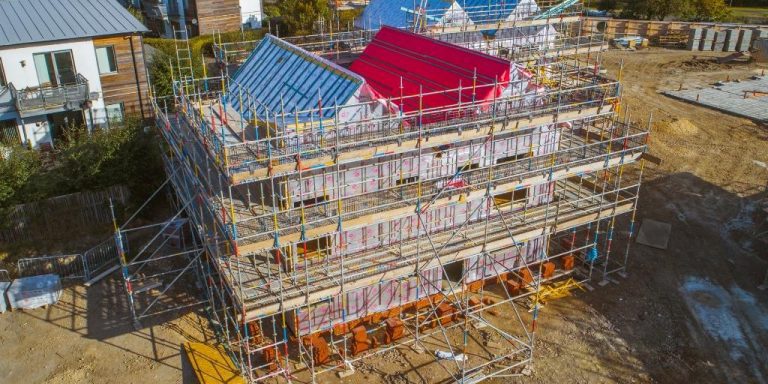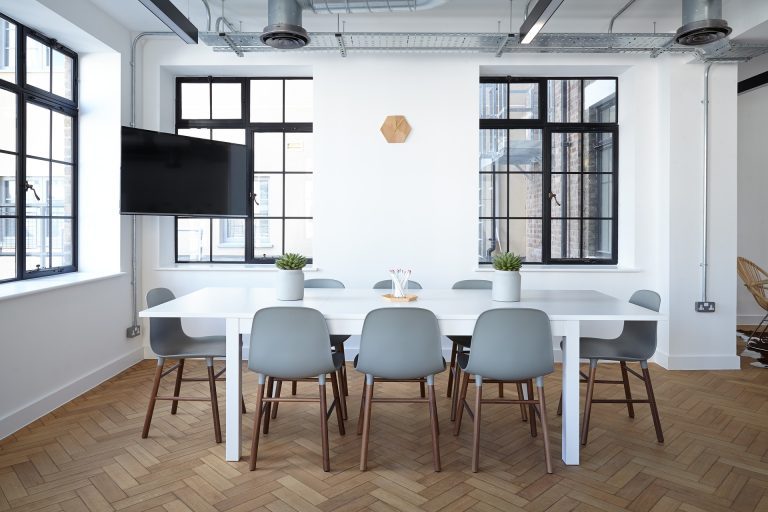On 26 February 2019, the All-Party Parliamentary Group on Working at Height launched its landmark report, Staying Alive: Preventing Serious Injury and Fatalities while Working at Height. The report, 12 months in the making, explores why 18 per cent of people who die at work do so as a result of a fall from height. Tim Bissett, Technical Manager for Fall Protection at MSA Safety shares his thoughts on the APPG’s suggestions for keeping the 10 million people in the UK that work at height safe. MSA Safety is a global designer, manufacturer and distributor of industry-leading safety products. The APPG for Working at Height was established in October 2017 with the purpose of enabling politicians and industry stakeholders to come together and investigate the reasons for falls from height. The need for this group is stark. Falls from height remain the leading cause of workplace fatalities – 28% of workplace fatalities from 2017-2018 were attributed to falls from height. Digging deeper, between 2013/14 and 2017/18, falls from a height accounted for more than a quarter of all fatal injuries to workers. That’s an average of 37 deaths a year. I wholeheartedly echo comments from Alison Thewliss, Chair of the APPG on Working at Height: “These figures are too high. There should be no question or doubt over workers’ ability to return home safely to their families each evening.” Working at Height Recommendations After a year-long investigation, the APPG has developed a set of recommendations that could lead to significant improvements in the work at height sector. It’s now essential that the government take up those recommendations and implements them. That is the key next step. The recommendations include: Introduce an enhanced reporting system through RIDDOR, which, at a minimum, records the scale of a fall, the method used, and the circumstances of the fall. Appoint an independent body that allows confidential, enhanced, and digital reporting of all near misses and accidents that do not qualify for RIDDOR reporting. Share the data collected by this independent body with government and industry to inform health and safety policy. Extend the “Working Well Together – Working Well at Height” safety campaigns to industries outside of the construction sector. Introduce an equivalent system to Scotland’s Fatal Accident Inquiry process that would be extended to the rest of the UK. Each of these recommendations would be advantageous and support the existing work at height regulations. Currently, as Ms. Thewliss states in the report, there’s a real lack of empirical data and this is preventing the industry from understanding the root causes of falls from height. Recording and learning from each and every fall from height is not only fundamental to preventing mistakes from reoccurring, but a vital driver of the safety culture that the industry needs to foster. The Effects of Brexit The report also discusses the challenges and opportunities associated with Brexit – and how that might influence Health and Safety regulations moving forward. In my opinion, preventing fatalities in the workplace transcends politics and, quite rightly, the APPG is calling on the government to ensure that worker safety will not be compromised as a result of Brexit. Indeed, 97% of businesses surveyed by manufacturers’ association EEF, stated that they want no immediate change in regulations post-Brexit. Just over half of those surveyed were in favour of a review in the future. Regardless of the outcome of Brexit, I agree with the report when it calls on the government “to ensure that no individual working at height will be any less safe as a result of Brexit.” Training and Education Preparation is key when it comes to working at height and quite rightly the report strongly advocates greater training and education. Too often, in my opinion, the full benefit of quality fall protection training is overlooked. Greater confidence, for instance, is an invaluable by-product of quality training. The confidence to accurately assess potential risk and make the right safety decisions at the right time cannot be underestimated. It’s also pleasing to see that the report gives so much weight to the use of virtual and augmented reality in training. This is something that my own company, MSA Safety, has pioneered and I have seen first-hand the benefits it offers. The ability to familiarise trainees with potentially perilous situations from the safety of an office and then harness that experience in the training process is invaluable. Choosing the right, quality equipment for the job is also a vital part of the preparation process and the report rightly refers to the important role that safety equipment manufacturers play in reducing injury and fatality rates. The ability of safety manufacturers to provide good quality products, to innovate, and to help solve customer needs or requirements is undoubtedly important. Unfortunately, however, it can count for little if those responsible for specifying fall protection equipment aren’t prepared to take due care and attention in choosing quality products tailored to their unique needs. Not all fall protection equipment is made equal. Do your research and make the right decision. Lives depend on it. Further Consultation from the APPG In addition to the recommendations listed in the Working at Height report, the APPG also identified further opportunities for consultation, one of which was a major review of work at height culture. The UK is consistently ranked as one of the best-performing nations in terms of safety, but while people continue to die as a result of falls from height, there will always be more work to do. As such, I would support any investigation into the suitability of legally binding financial penalties in health and safety, especially if it released additional funds for raising awareness and providing greater training and education around working at height. Hopeful for the Future The UK has made significant progress since the introduction of the Work at Height Regulations of 2005 and if the recommendations from the ‘Staying Alive’ report are implemented, I’m confident that progress should continue to trend









